On Monday, El Salvador President Nayib Bukele announced that the …
Iran’s Economic Reckoning – Rial Redenomination and Post-War Reform Pressure
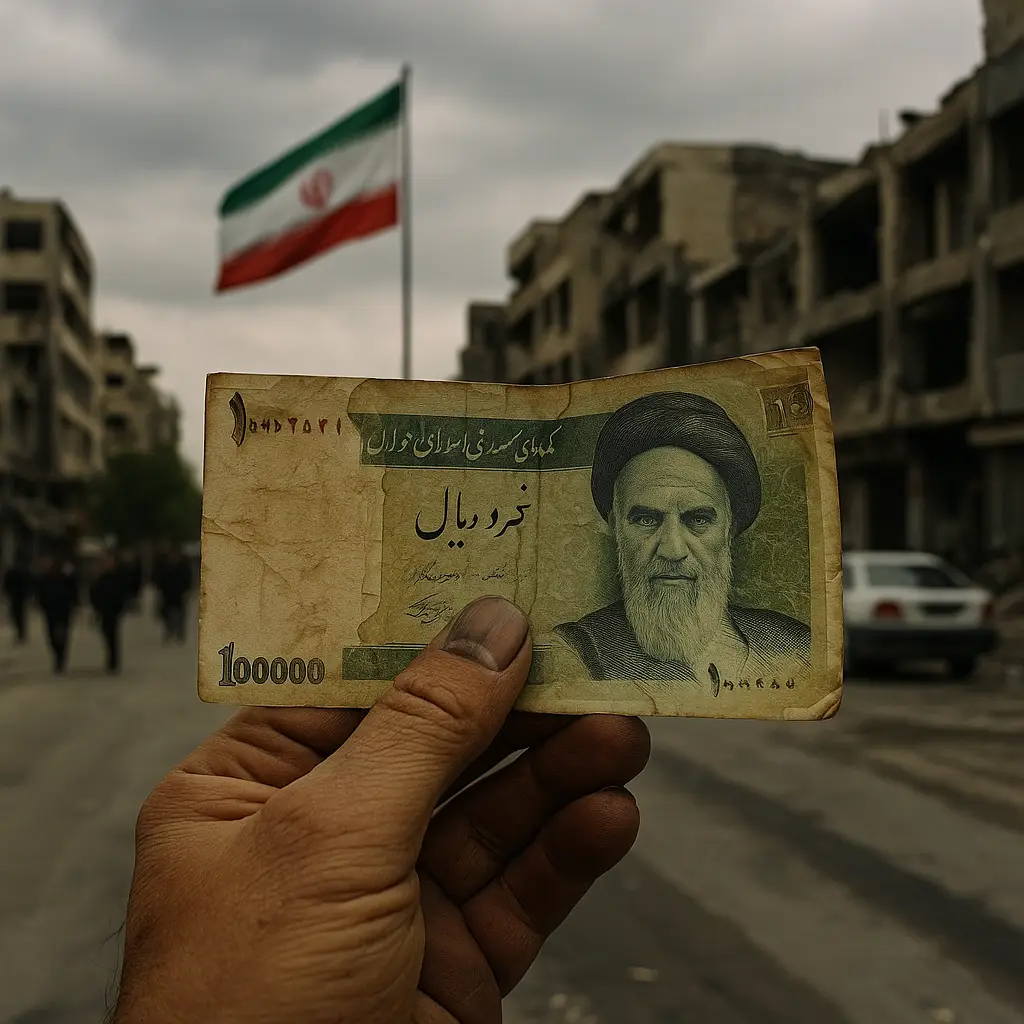
After suffering devastating blows to its military and nuclear infrastructure in the June 2025 war, Iran now faces a domestic crisis that no missile defense can intercept: economic collapse.
In early August, Tehran announced a plan to cut four zeros from its currency, replacing the current rial with a new unit worth 10,000 of the old. The official rationale is to simplify transactions, combat inflation’s psychological toll, and project a sense of stability. Critics call it economic theatre.
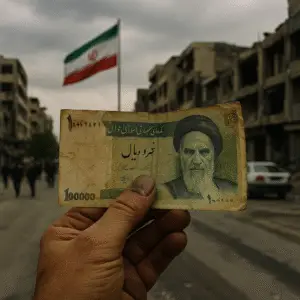
The Redenomination Game
Currency redenomination is a familiar tactic among countries facing hyperinflation or monetary dysfunction. Iran’s annual inflation rate has hovered around 40% in recent years, driven by sanctions, corruption, and mismanagement. Removing zeros does nothing to address these causes—it simply rebrands the symptom.
Economists inside and outside Iran have warned that without fiscal discipline, subsidy reform, and sanctions relief, the new rial will follow the old into rapid devaluation. But Tehran is pressing ahead, marketing the move as a “new chapter” in the Islamic Republic’s economic sovereignty.
War Damage and Domestic Pressure
The June conflict exacerbated every structural weakness. Israeli airstrikes targeted not just military assets but also logistical hubs and critical infrastructure. Repair costs are estimated in the billions, while sanctions continue to choke foreign investment.
Inside Iran, public frustration is mounting. The regime’s promise of resistance as a path to prosperity looks increasingly hollow. Unemployment remains high, wages stagnant, and basic goods scarce.
Reform or Repression?
There is an internal debate—though mostly behind closed doors—about whether Iran must open up economically to survive. Some technocrats argue for limited reforms, including easing restrictions on private enterprise and courting investment from neutral states. Hardliners, however, see the war as proof that any compromise invites vulnerability, advocating instead for tighter control and self-reliance.
For now, repression is winning. Hundreds have been arrested on charges of espionage and “collaboration with Zionists.” Protests are suppressed, and media is tightly managed.
The Diplomatic Implication
From Israel’s perspective, Iran’s economic weakness is a strategic asset. A regime preoccupied with domestic survival is less able to fund proxy militias or pursue aggressive foreign policy. However, desperation can also make Tehran unpredictable—potentially pushing it toward asymmetric escalation.
The rial redenomination is therefore more than an economic story; it’s a barometer of Iran’s post-war trajectory. Will the regime use this moment to reform and re-engage, or will it double down on isolation and ideological rigidity?
Subscribe to Our Newsletter
Keep in touch with our news & offers

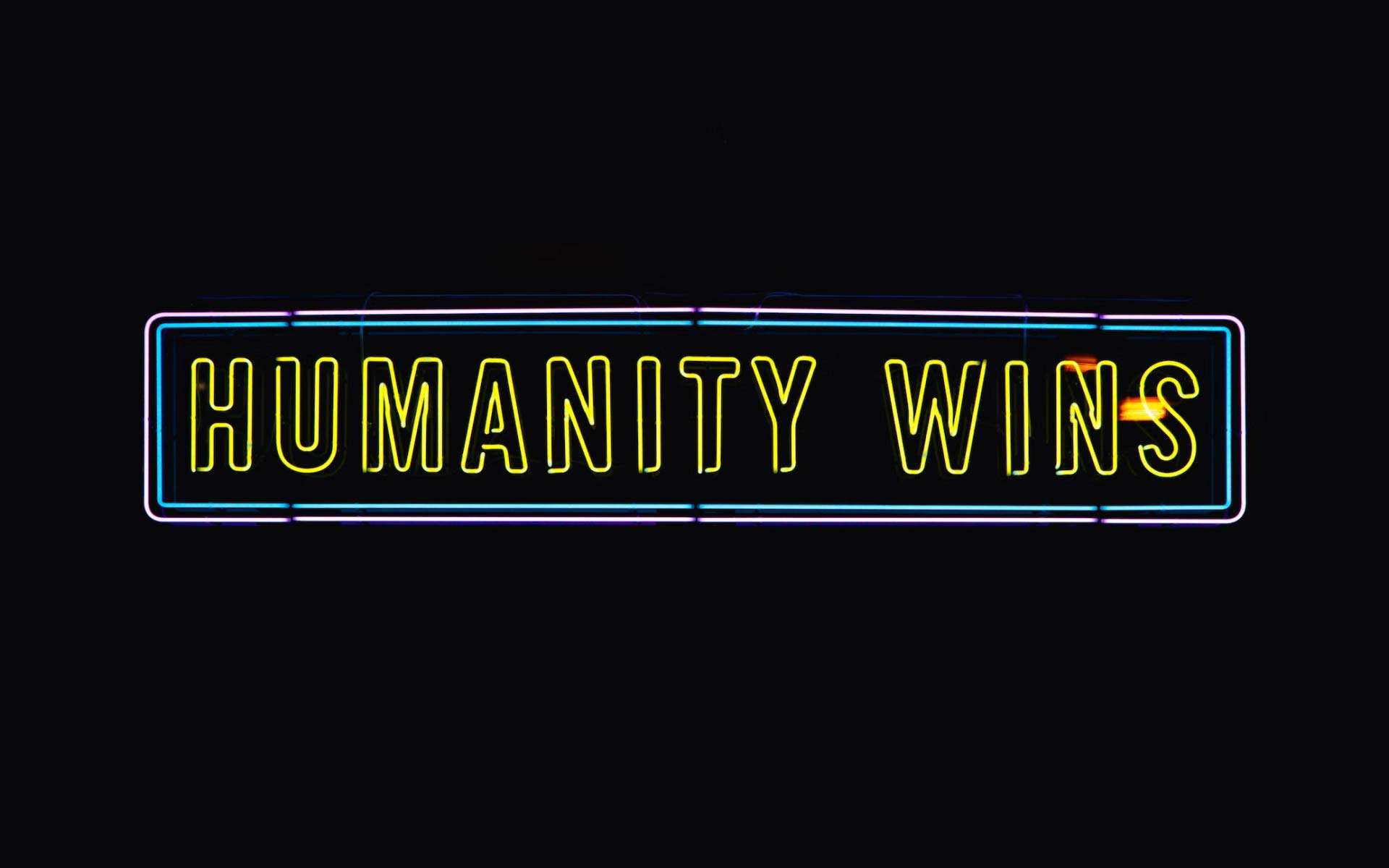




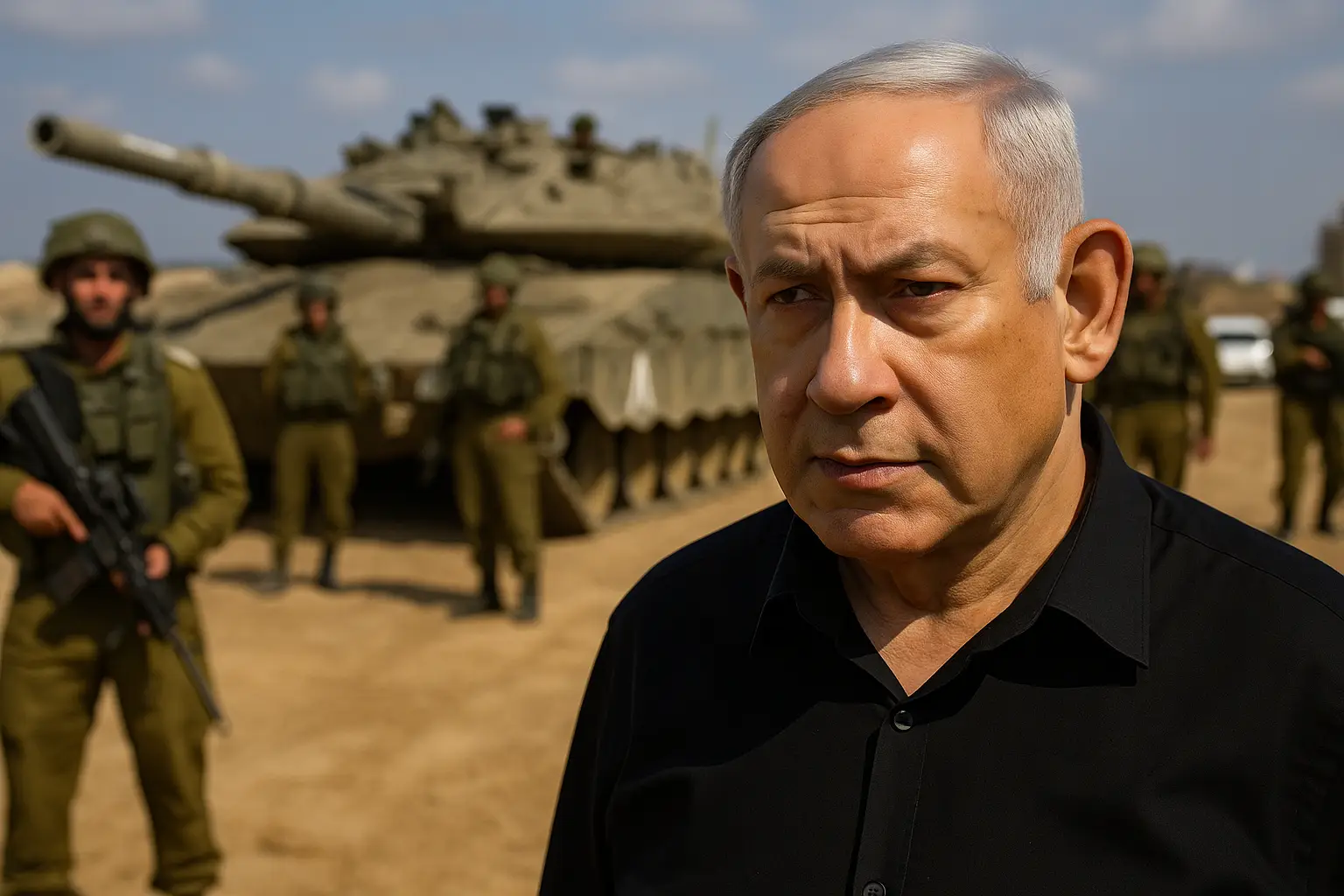
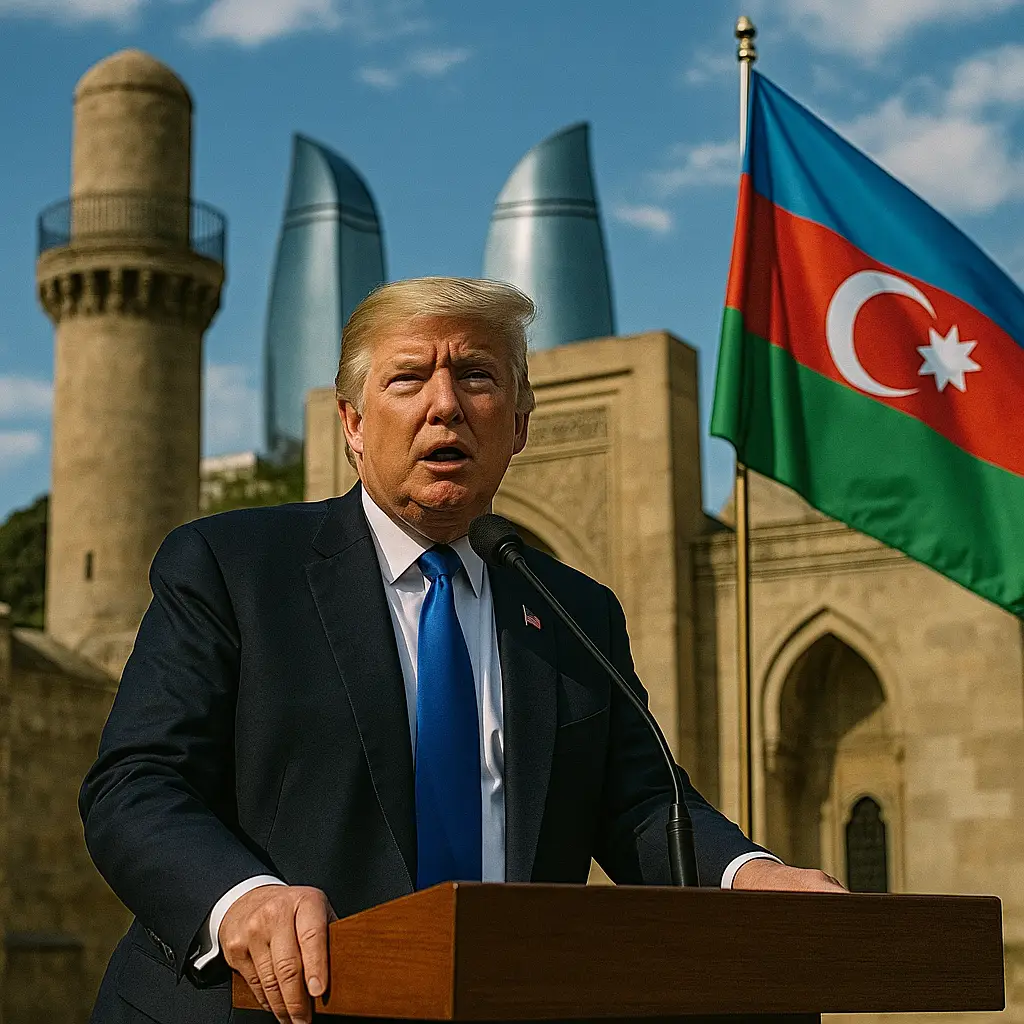
Comments
adamgordon
Thanks for this great post!
cmsmasters
Always happy to be of service.